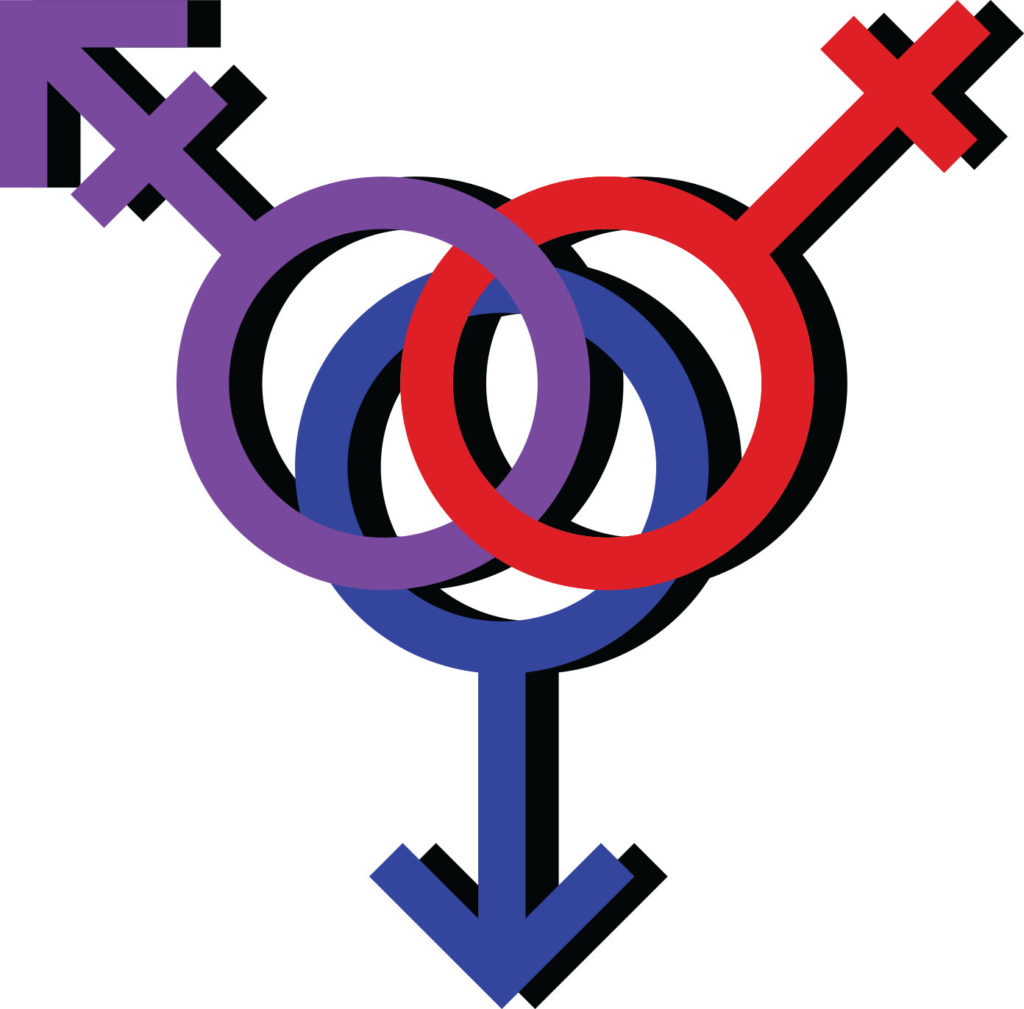Secretary of Education Betsy DeVos intends to alter Title IX, a 1972 education amendment that prohibits discriminations on the basis of sex in any education program that receives federal funding. This includes most K-12 institutions and a large majority of colleges, both public and private because of federal funding in financial aid programs.
The four key areas of educational equality in Title IX are: sex-segregation, pregnant and parenting teens’ rights, gender-based violence and athletics.
In a document released in 2011 known as the “Dear Colleague Letter,” protections for survivors of sexual harassment were tightened.In September of this year, the U.S. Department of Education rolled back these regulations.
Both Assistant University Counsel David Lance and Title IX Coordinator Andrea Herrera Katahira’s office have given assurances that the current procedure for sexual misconduct complaints will stay in place regardless of national changes.
Title IX requires a “designated and reasonably prompt time frame” for the investigation, which the Dear Colleague guidance identifies as 60 days. Under the Obama guidelines, universities are also required to use the “preponderance of evidence” standard, which assumes the alleged perpetrator guilty if the evidence suggests it’s likely they are responsible. This is crucial to many sexual harassment cases because there are rarely eye-witnesses or evidence to prove guilt “beyond reasonable doubt”—the prior standard of evidence.
Both of these guidelines have been rescinded by the Trump Administration. There is no given timeline for a prompt investigation and universities can opt to use a standard called “clear and convincing evidence,” which requires more proof. The main argument for proponents of the changes is that the Obama-era guidelines infringe on the accused’s right to due process.
According to the Bureau of Justice Statistics, among female students the rate of rape and sexual assault was 6.1 per 1000. The BJS also states student victimizations were 13 percent more likely than non students to go unreported to police. With guidelines being rolled back, many in sphere of Title IX application fear reports will decrease for fear of a drawn-out and inconclusive investigation.
These issues are also prevalent on Seattle U’s campus: The Seattle U Department of Public Safety Campus Crime Statistics report one criminal offense of rape in 2016 in on-campus housing and five in 2015.
According to Seattle U’s Title IX Coordinator’s office, during the 2015-2016 and 2016-2017 academic years, the university investigated twelve cases of sexual misconduct between students. “Sexual misconduct” includes assault, domestic violence, stalking and harassment. In seven out of twelve, the accused was found to have violated the Code of Student Conduct.
Seattle U offers on-campus support for students who experience sexual harassment as well as students who have been accused, such as the Health and Wellness Crew’s (HAWC) Green Dot program, Campus Ministry and Counseling and Psychological Services (CAPS).
Although Seattle U promises to stay committed to Obama-era regulations, some say the school doesn’t do enough.
An anonymous student interviewed by the Spectator who went through the sexual assault complaint process criticizes the school’s investigation timeline and transparency.
“The length of time is really vague,” the student said. “The assailant was living on the same floor, right next door to me. It gets dangerous and is unfair to the victim and to the alleged perpetrator because neither of them know what’s going on during the procedure.”
Ashley Vera is the Co-Leader of the Student Survivor Network (SSN), a student based organization that functions to facilitate safe spaces for survivors of sexual assault to come and share their stories and feel comfortable.
SSN will be pushing Seattle U to change their policy of offering the same resources, such as Take Back the Night, traditionally a survivor’s event, to both the assailants and survivors.
Further, Vera said that SSN will push Seattle U to improve their prevention techniques.
“[SSN will] work to show SU where they have room to make improvements, such as trying to get RA training more up to date and centered strongly around creating awareness for survivors in the dorms, which can be breeding grounds for assault,” Vera said.
Vera recommended some off-campus options for students that she believes are more intersectional and inclusive than what Seattle U offers, such as Gay City’s domestic and sexual violence resources, and the Consent Academy, which offers consent education.
It is unclear when and on what scale, other schools will adopt these new guidelines, but Seattle U is committed to a fair investigation process for all parties involved.
Quinn may be reached at
qferrar@su-spectator.com








